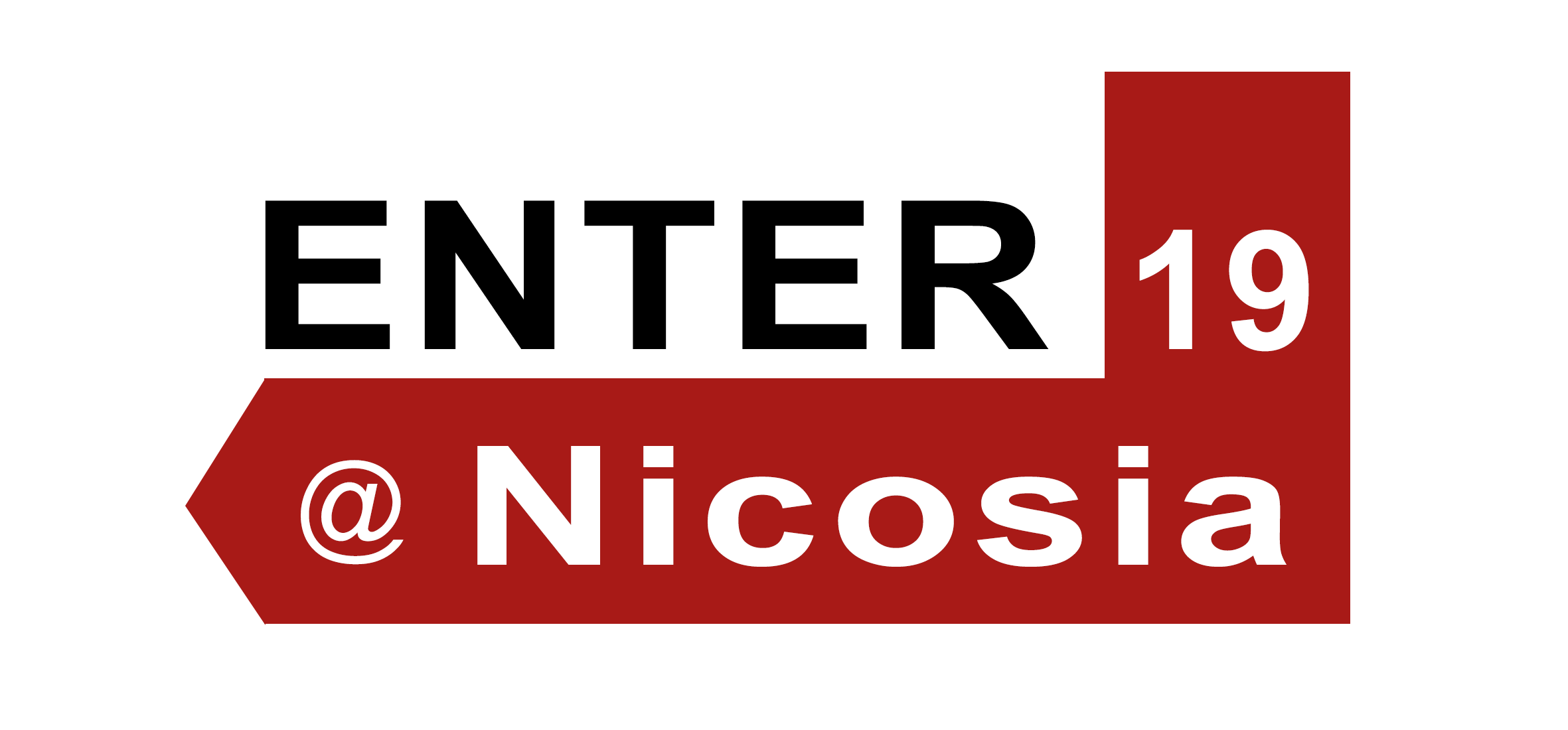Digital Nomads
Digital nomads: the rise of the location independent traveller
Over the past decade, digital nomadism has become a key tool of liberation, identity research and a modern status symbol for thousands of individuals that pursue a holistic lifestyle. With travel as their main aspiration, the boundaries between work, leisure and study have increasingly become blurred. Moved by a reconfiguration of time-space notions and labour market transformations, digital nomads (DNs) represent a group that is neither driven by opposition to settled communities or by the need to form (neo-)tribes or systems. Instead, having grown up in an ‘age of access’, many sanctify permanent connectivity, wireless communication and the sharing economy over principles of stability, territoriality and settlement. Consequently, social relations, jobs and studies have become ‘location independent’ and move with them on their cell phones, laptops and other digital devices to places with attractive leisure lifestyles. At first glance it might seem that this form of ‘location independent travelling’ simply relates to different aspects of leisure and travel and labour mobility. However, it is not just mobility itself but the reflexive response to mobility and the development of mobile practices, which are reminiscent of the mobility behaviour of digital nomads, that are important. Reflections of such practices can already be seen in the way the digital nomadic lifestyle produces new clusters of its own, such as co-working spaces, digital hubs, meet-up events and gatherings.
This track aims to attract research investigating this exciting and rapidly emerging phenomenon of digital nomadism to create better understandings of new forms of travel, leisure and labour mobilities. Novel theoretical research, empirical case studies and other experimental approaches are welcome. All contributions should clearly address the practical and theoretical implications of the research reported.
Topics of interest include, but are not limited to:
- Defining digital nomads
- Mobility practices and technological advances
- Place-making practices and sense of belonging
- (Trans)National connectivity
- Interpretations of work, leisure and travel
- Social networks formations
- Inclusion and accessibility
- Technologies and work practices
Special session co-chairs
Inge Hermann, Saxion University of Applied Sciences
Annika Müller, Johannes Gutenberg University Mainz
